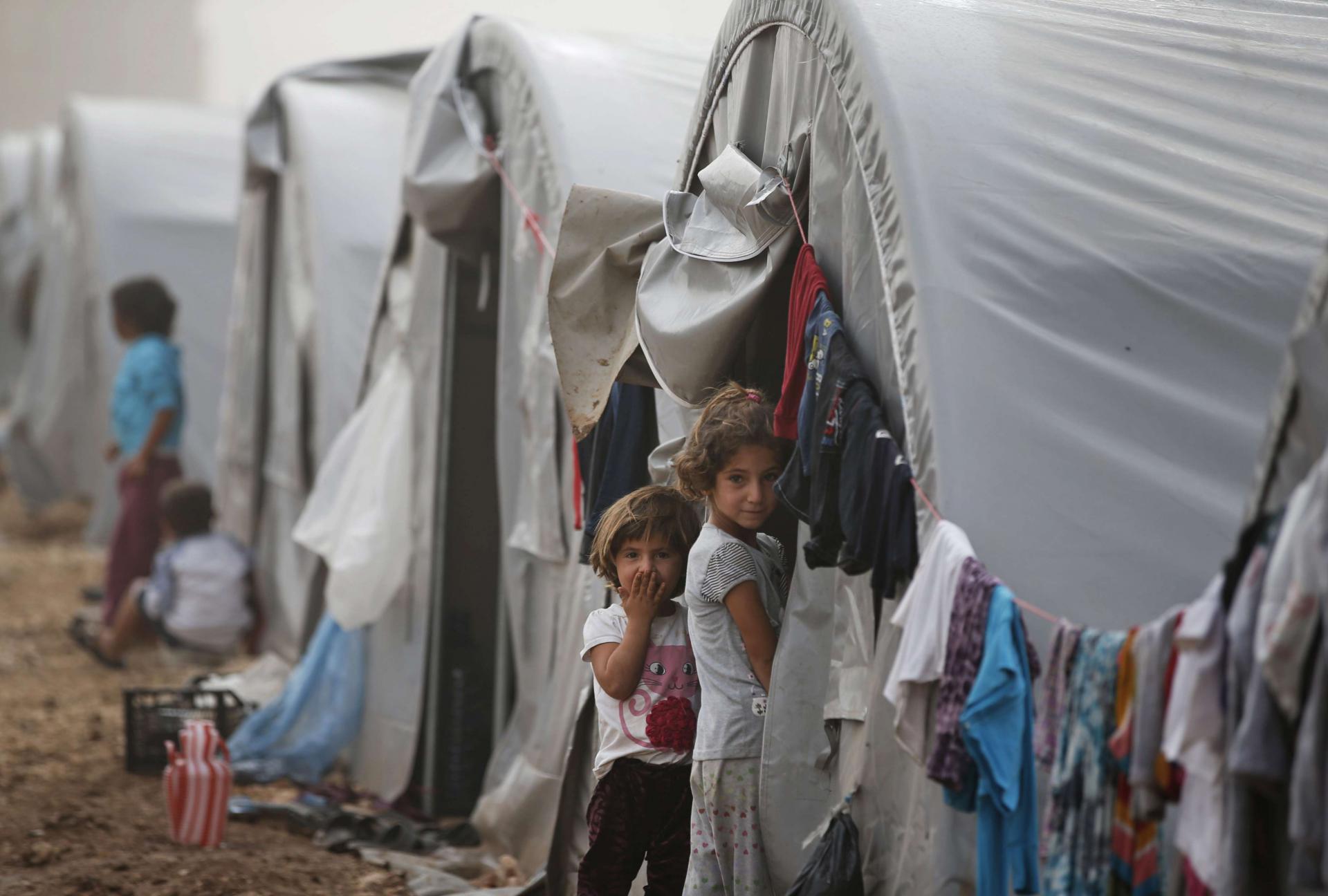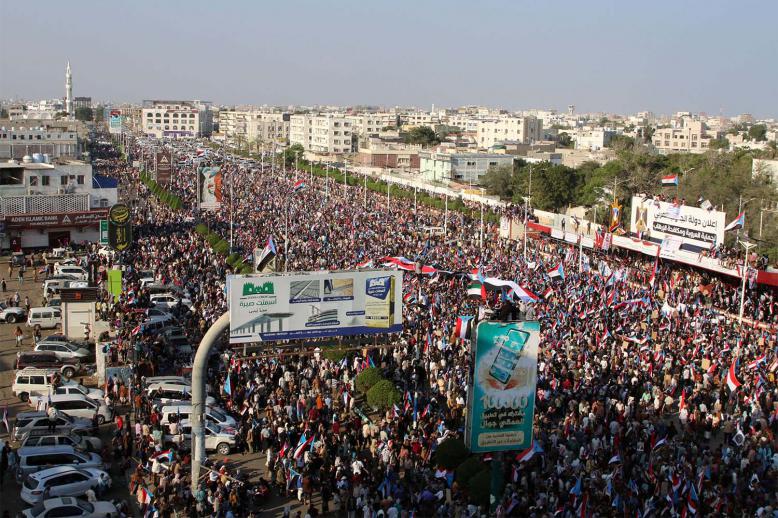Syrians face arrest, corruption on homecoming
ISTANBUL - Syrians returning to their homes after being displaced by the country's eight-year civil war face arbitrary detentions, endemic corruption and inefficient public services, an activist group said.
After a series of Russia-backed victories against jihadists and other rebels, President Bashar al-Assad's government is back in control of around 60 percent of Syria.
Moscow and Damascus are trying to encourage Syrians displaced by the war in and outside the country to make their way home.
But the Syrian Association for Citizens' Dignity warned against returns to areas back under the control of President Bashar al-Assad's government.
"It is not safe for displaced Syrians to return to Assad-held areas," SACD warned in a report released in Istanbul, based on the testimony of 165 people living in government-held areas.
"Two-thirds of the interviewees stated that they live in constant fear of arrest or harassment from the security services and various militias that run a maze of checkpoints," it said.
"Forced conscription into Assad's forces is rampant."
The report -- which gathered testimonies from Aleppo, Homs and Daraa provinces -- said residents also have to deal with blackmail and demands for bribes.
"Corruption and extortion by the regime and militias permeate every aspect of life for returnees," the report said.
More than 60 percent of respondents found health standards to be sub-standard, and an overwhelming majority complained about very poor water, electricity and municipal services.
Jordanian border
Despite the Nassib-Jaber border having opened on October 15th 2018, Syrian refugees in Jordan remain afraid to make the trip home.
Ayman Abo Noqta, a media activist from Daraa in southern Syria, said, “Opening the Nassib-Jaber border crossing encouraged many Syrian refugees to return to their hometowns and houses in Daraa.”
“But the Syrian government forces arrested hundreds of refugees after returning home, which scared the refugees. Consequently, those who wanted to return changed their minds for fear of facing a similar fate,” he added.
It is not just the regime that repels Syrians
Other reasons demotivated refugees from returning, including the deteriorating living conditions in southern Syria and the lack of electricity, health care facilities and potable water in their cities and towns of origin.”
Among the 5.6 million Syrians who have fled to neighbouring countries, a majority live in Turkey and Lebanon, countries which have stepped up pressure on them in recent months in a bid to persuade them to go home.
The UN refugee agency UNHCR has repeatedly stressed all returns should be voluntary.
It says 198,000 Syrians went home between 2016 and August this year.
But the Damascus government has denied reports that returnees are arrested.
"I defy them to share the name of a single person who has been arrested among those who have returned to Syria," Foreign Minister Walid Muallem said earlier this month.
"We don't detain anyone. We encourage them to make safe returns to their villages."






